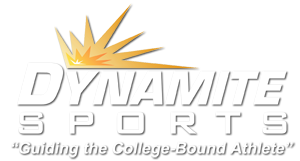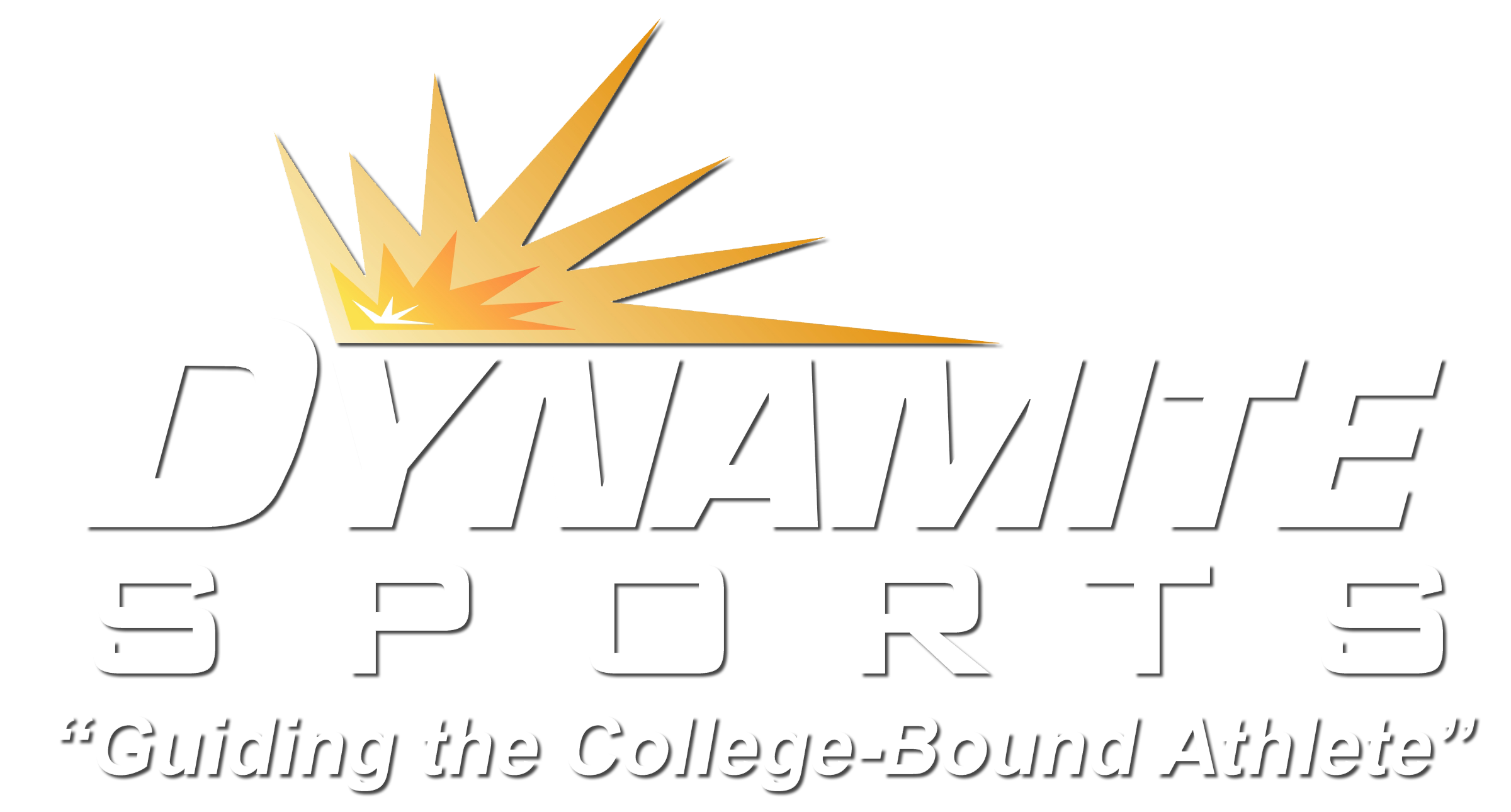As I go the country performing College Recruiting Seminars, there is one common thread among parents. When I ask an audience of parents to raise one hand if they don’t believe their child has the potential to be a Division I athlete, rarely does one hand go up. That’s right! I know this will be hard for you to believe but most parents believe that their child has the talent to become a D-I athlete. First of all, in my opinion Division I athletes are simply “Freaks of Nature”. They are not walking the halls of every high school in the country but when you see one play you know who they are immediately because they stand out like a sore thumb.
For example, it may be a young lady that starts on the varsity b-ball squad as a freshman and shoots the lights out of every gym in the conference scoring an average of 20+ points and 10+ rebounds. She is absolutely a freak of nature and has the talent to be a D-I athlete.
It could also be the 14 year old freshman wrestler who starts on the varsity at 145 lbs., and wrestles against nothing but upper classmen, goes undefeated and wins a State title. He is also a freak of nature and has the talent to be a D-I athlete. Now I’m not saying that some kids don’t eventually grow into that level of talent but that would be the exception and not the rule. The biggest mistake most parents make is focusing on Division I schools in hopes of landing that coveted big time scholarship for their child when they should have been looking elsewhere.
You see 70% of all athletic options to play in college come from NCAA D-III, NAIA, and Junior Colleges. And, the NCAA says their statistics show that 26% of all incoming freshman scholarship athletes entering college leave school before the end of their first year. That’s right, 1 out of 4. One of the biggest reasons for such a high failure rate for athletes is that they choose the wrong level. If your child gets 13 recruiting letters from D-III college coaches and 1 letter from a D-I school, what does that mean? It means that your child is a D-III prospect.
The best advice I can give you to honestly and realistically evaluate your child’s talent is to ask coaches from opposing schools within your conference that your child has played against. This is someone totally outside of your immediate circle who doesn’t know you or your child personally. They have no EMOTIONAL connection. If you sincerely and respectfully ask them for their opinion of what they have seen in your child’s play and what level of college they believe would best suit them, you will get an honest and fair assessment of your child’s talent level. You may or may not like what you hear but it’s the closest thing to an accurate evaluation of your child’s talent you will get.
Remember, you get to go through this process once. To do this right, it all starts with looking in the right places.


Leave a Reply